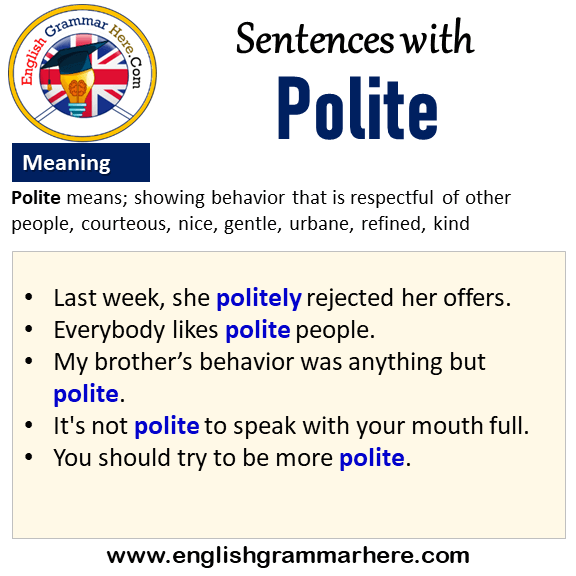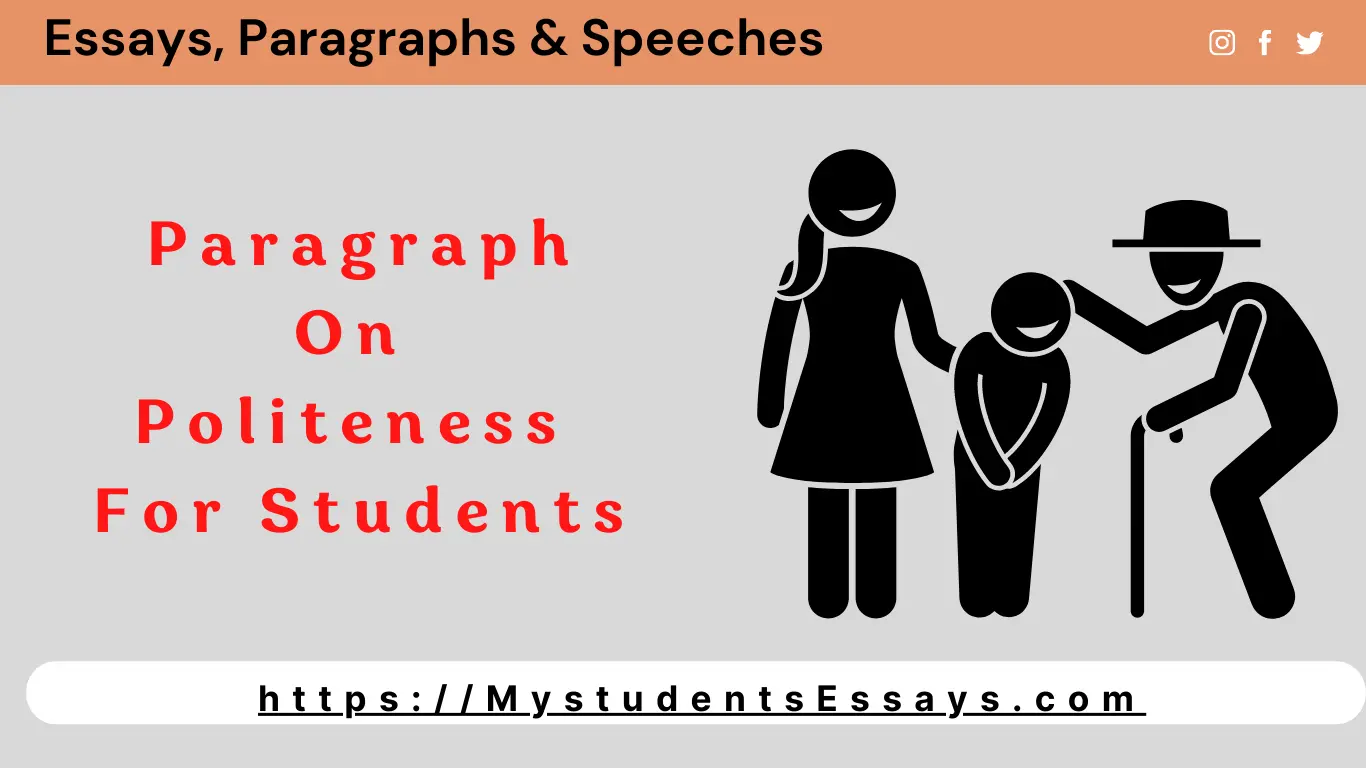Polite speech in English is an important aspect of communication in many English-speaking societies. It involves using language and phrases that are considerate, respectful, and mindful of the feelings of others. This type of speech is typically used in formal or professional settings, or when interacting with people who are older or in positions of authority.
There are a few key ways to use polite speech in English. One is to use more formal or respectful language, such as using titles or honorifics (e.g., Mr., Mrs., Dr., Professor) when addressing someone. Another is to use words and phrases that show politeness and consideration, such as "please," "thank you," and "excuse me." These words and phrases can go a long way in making conversations more pleasant and respectful.
In addition to using specific words and phrases, there are also ways to structure sentences and use tone to convey politeness in English. For example, using the word "could" instead of "can" when making requests can sound more polite, as can using the phrase "I was wondering if..." rather than simply making a request directly. Using a more formal tone and speaking more slowly can also help convey politeness and respect.
It's worth noting that polite speech can vary depending on the culture and context in which it is used. In some English-speaking societies, for example, it may be more common to use more formal language and phrasing, while in others a more casual and familiar style may be acceptable. It's important to be aware of these cultural differences and to adapt your language and phrasing accordingly.
Overall, polite speech in English is an important aspect of effective communication, and it can go a long way in building positive relationships and fostering mutual respect. Whether you're interacting with colleagues, clients, or friends, using polite language can help create a more positive and harmonious atmosphere, and it's a valuable skill to have in any setting.



_0.jpeg.jpg?itok=3j70Annz)


